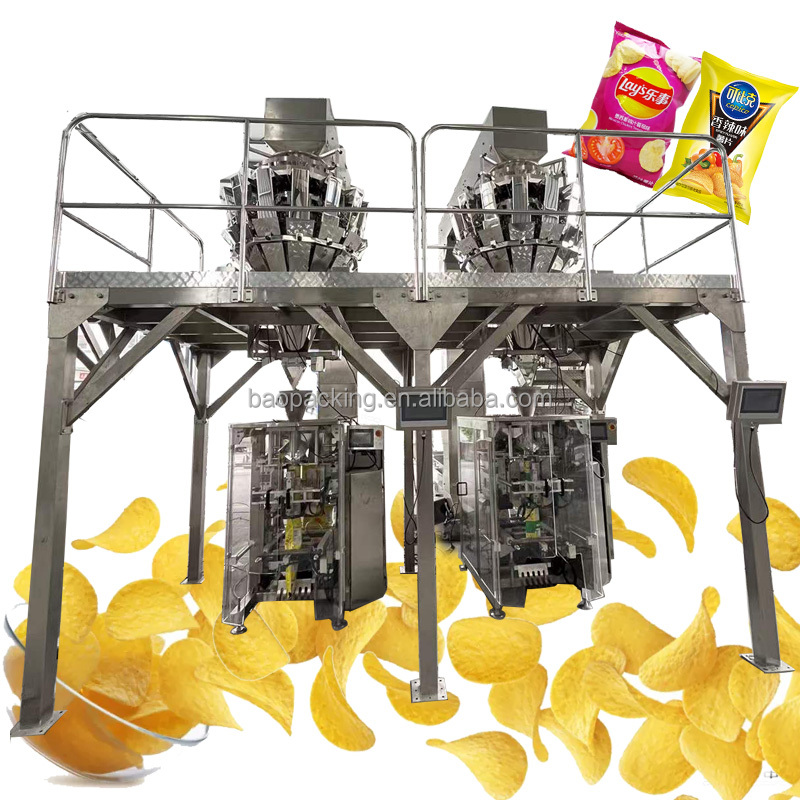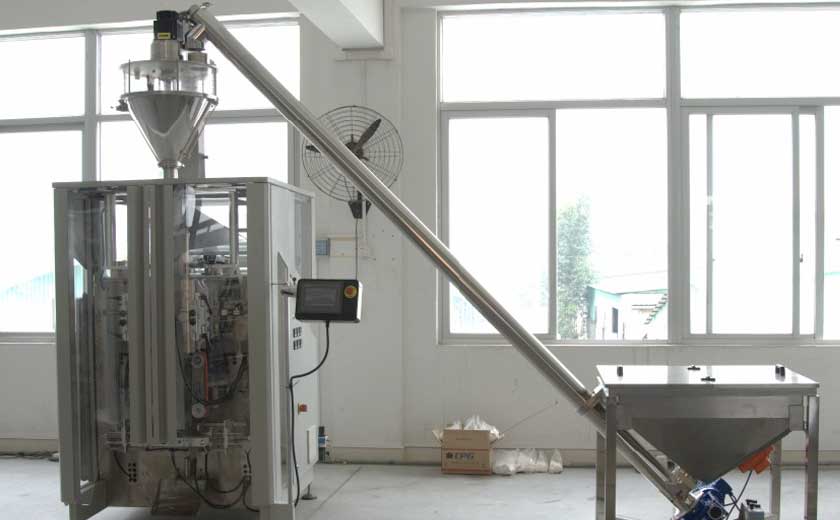Ensuring Consistency in Rice Pouch Packing Operations
With the growing demand for packaged rice, ensuring consistency in pouch packing operations is crucial to maintain product quality and customer satisfaction. By implementing robust processes and adhering to stringent standards, rice packing facilities can achieve uniformity in product weight, packaging aesthetics, and overall quality. This article explores the multifaceted approach to ensuring consistency in rice pouch packing operations.
Optimizing Equipment Maintenance
Regular maintenance and calibration of packing equipment are essential for accuracy and precision. Well-maintained scales and filling machines minimize weight variations, while automated checkweighers ensure pouches meet specified weight requirements. Cleaning and sanitizing equipment at scheduled intervals prevent contamination and maintain hygienic conditions.
Standardization of Raw Materials
Consistency in raw material quality directly impacts the final product. Implementing rigorous quality control measures for incoming rice ensures that only grains of specified size, moisture content, and appearance are used. Adhering to established specifications for grain quality reduces variability in pouch weight and avoids foreign material contamination.
Training and Skill Development
Skilled operators are pivotal in ensuring packing consistency. Comprehensive training programs should cover equipment operation, quality control procedures, and safety protocols. Regular assessments and refresher courses enhance operators’ knowledge and proficiency. Empowering operators with decision-making authority allows them to identify potential issues and implement corrective actions promptly.
Statistical Process Control
Adopting statistical process control techniques enables continuous monitoring and improvement of packing operations. Data analysis tools, such as control charts and histograms, provide real-time insights into weight distribution, packaging defects, and other performance metrics. Statistical analysis allows early detection of trends and deviations from target specifications, enabling adjustments to optimize the process.
Quality Assurance and Audit
Regular quality audits and inspections ensure compliance with established standards and identify areas of improvement. Auditors assess all aspects of the packing process, including equipment performance, raw material quality, operator training, and documentation. External audits by independent certification bodies provide an objective perspective and enhance the credibility of the quality management system.
Traceability and Documentation
Robust traceability systems allow for product tracking throughout the supply chain. Detailed production logs, batch numbers, and ingredient records enable swift identification and recall of affected products in case of quality issues. Well-documented procedures provide clear instructions for operators and facilitate consistent execution of packing operations.
Continuous Improvement
A commitment to continuous improvement drives ongoing efforts to enhance consistency in rice pouch packing operations. Regular review meetings, brainstorming sessions, and the implementation of best practices foster innovation and problem-solving. Employee suggestions and feedback are encouraged to identify areas for improvement and drive operational excellence.
-

Overview of Packaging Machine Buying Guides
08-01-2024 -

How Does a Vertical Form Fill Seal Machine Work?
30-10-2023 -

Advancements in Auger Powder Filling Technology
27-10-2023 -

A Deep Dive into Automatic Packaging Machines
26-10-2023 -

The Revolutionary Fully Automatic Potato Chips Packaging Machine
20-09-2023 -

How to choose the right packaging machine?
23-08-2023 -

Reducing Waste And Maximizing Yield With Multihead Weigher Machines
15-03-2023 -

Nuts Packaging Machine for Dry Products Perservation
26-11-2022 -

Is Automated Biscuit Packaging Machine Better Than Manual Opeartion?
25-11-2022





